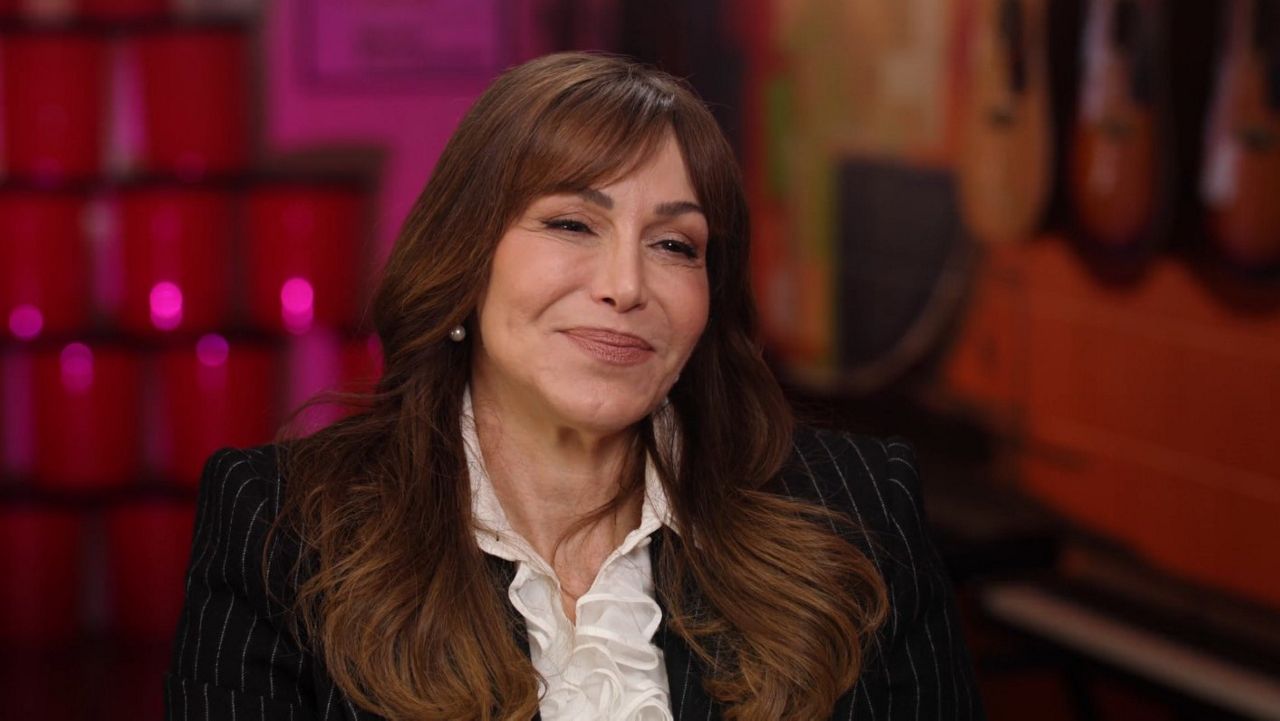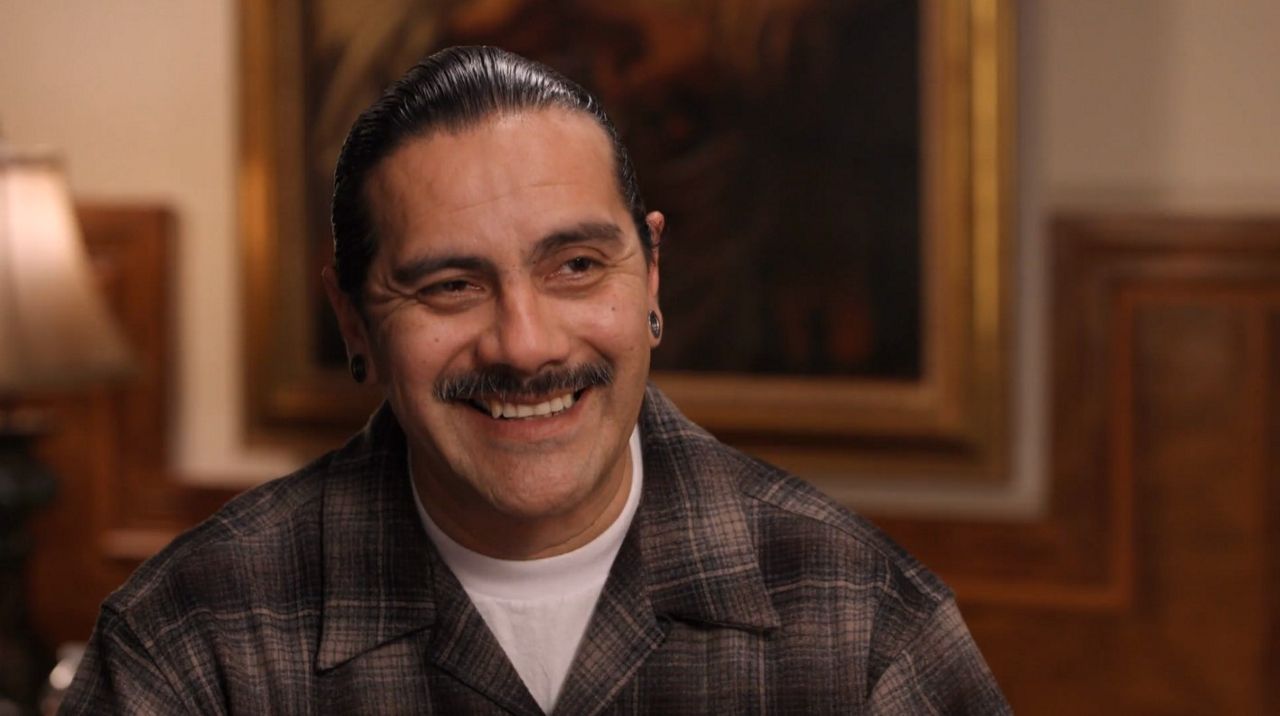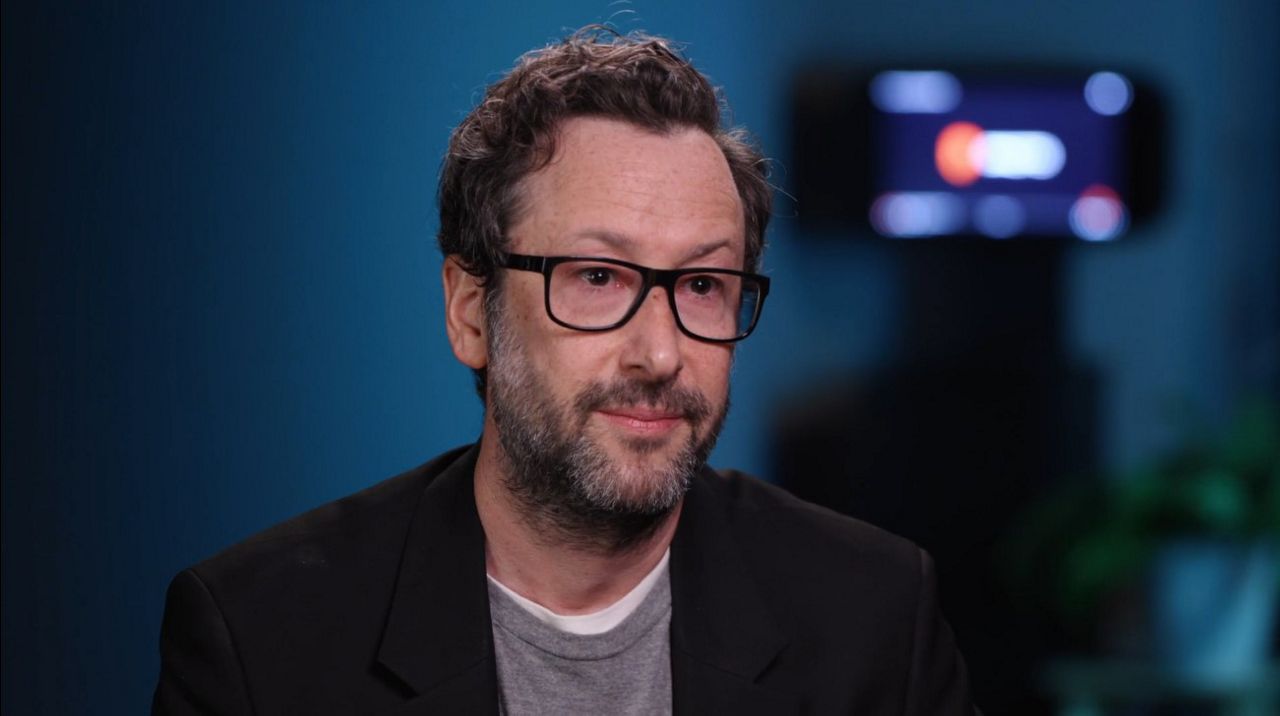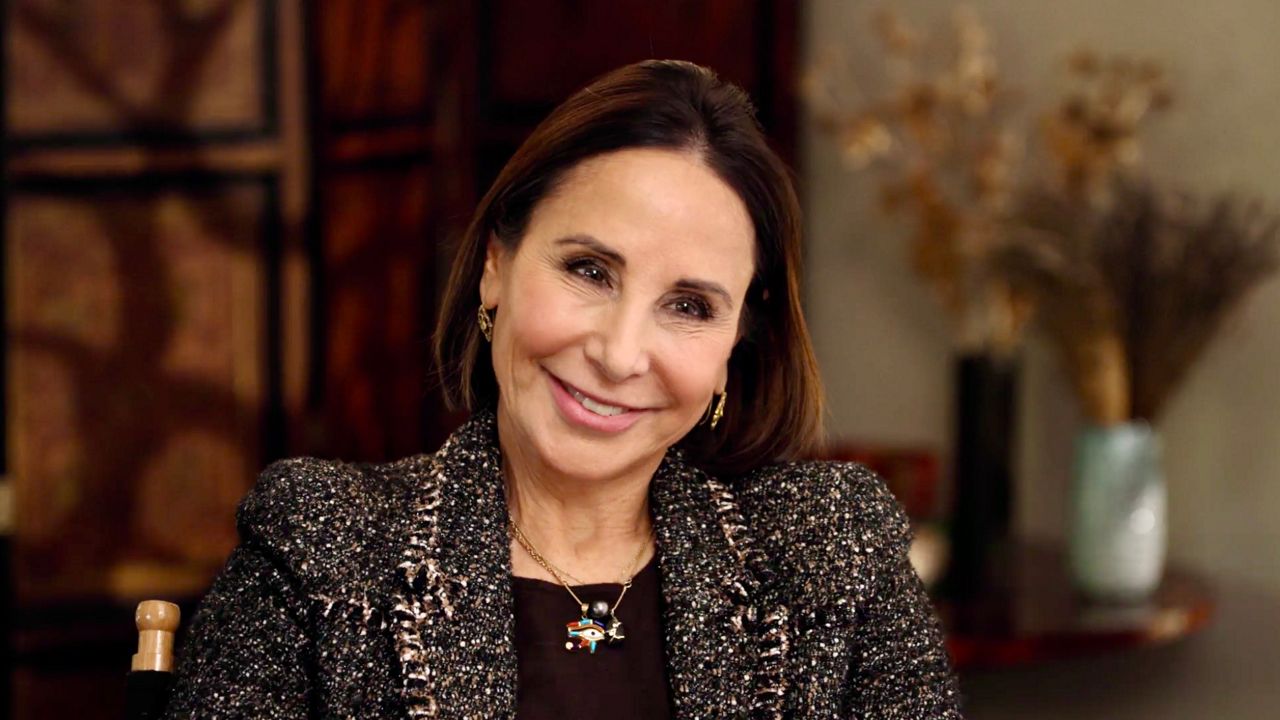When Kerry Rhodes signed a contract to play football for the New York Jets for more than $30 million, he was on top of the world. He went on to enjoy a successful career with the team as a safety and was eventually traded to play for the Arizona Cardinals.
Over time, Rhodes began to worry about chronic traumatic encephalopathy from all the concussions he endured. When the Cardinals offered him another contract, he turned it down, saying it was not enough for what he was going through. The abrupt departure from the game he loved so much left him feeling lost and depressed.
"You have this identity crisis," he said. "You've been this person that's been lauded and applauded by 80,000 people a game, just cheering your name, putting you on the pedestal. You feel like you're spiraling out of control, and it's not your life anymore. And so having to transition to that time, all that stuff played a major factor in why depression crept in at that time."
In this episode of "LA Stories," Rhodes opens up to host Giselle Fernandez about his experience with psychedelic assisted therapy.
Related Stories
After trying the traditional methods of therapy, Rhodes' friends inspired him to try ayahuasca, a hallucinogen derived from plants, in order to help him deal with his mental health issues.
To experience the drug safely, he had to fly out of the country. The experience, he said, changed his life forever. Rhodes said he no longer had dark thoughts or feelings. He felt lighter, more connected with himself. He even said the forgetfulness that he associated with CTE was gone as well.
"For me, the reversed effects were immediate," he said. "I want people to see that I'm real, my story's real, what I've been through is real and where I'm going is real."
Today, Rhodes has found success as an actor, singer and musician. He uses his platform to shine a light on the benefits of psychedelic drugs as treatment for mental health illnesses. He has teamed up with TREAT California in order to spread the word on the positive experiences he's had with the drugs.
Rhodes especially hopes to encourage members of the Black community to feel comfortable talking about their mental health.
“I was that little guy. I was the guy that couldn't do it. I had to be perfect,” he said. “And so I know that person. So I want that person, that young person growing up, that young Kerry, that little Kerry to know that it's OK. It's OK to share. It's OK to be vulnerable.”
Watch “LA Stories with Giselle Fernandez” at 9 p.m. every Monday on Spectrum News 1.











